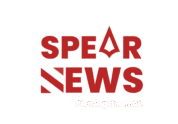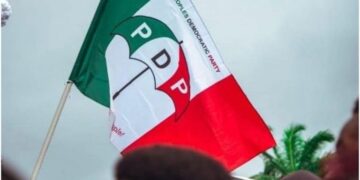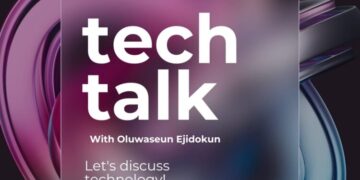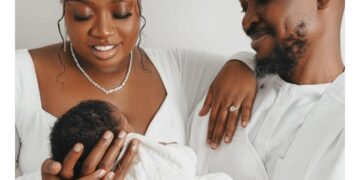The AIDS Healthcare Foundation (AHF) Nigeria, has called for joint actions to ending period poverty in Nigeria with consistent investment in initiatives that bridged the knowledge gap of menstrual health management.
The AHF Nigeria Country Programme Director, Dr. Echey Ijezie, made the call on Monday in a statement in Lokoja.
The Menstrual Health Day is observed annually on May 28.
The 2025 Menstrual Health Day has as its theme ”Let’s Fight Period Poverty and End the Stigma”.
Ijezie said that research showed that nearly 2 billion people menstruate globally, with 500 million experiencing period poverty, including the lack of access to menstrual health products, safe and clean facilities, and accepting communities.
“We are calling on government to invest in providing free sanitary pads to young girls, across Nigeria, especially indigent girls who lack access to sanitary pads,” he said.
He emphasised the need for collective actions to address the stigma, cultural taboos, and lack of menstrual hygiene access that undermine dignity and increase HIV risk among women and girls.
He said that as part of activities to commemorate the World Menstrual Health Day 2025, the AHF Nigeria would carry out a commemorative event at WAPI Secondary School Calabar, Cross River as well as in the Karinmajigi community in Abuja.
The country pragramme director noted that women and girls globally, particularly in regions like sub-Saharan Africa, were faced with a disproportionate HIV burden.
He stressed that lack of access to sanitary pads had forced many to miss school, thereby increasing the likelihood of dropping out.
This, he said often resulted to increased transactional or transgenerational sex, limiting their ability to negotiate safer sex thereby raising the risk of contracting HIV.
He explained that the AHF’s menstrual health day worldwide commemorations were part of broader strategic prevention efforts that highlight the link between menstrual health and HIV.
He added that it would promote the availability and accessibility of menstrual products, and integrate sexual and reproductive health information and services.
According to him, it will ensure that women, girls, and people who menstruate have access to sanitary pads, HIV testing, condoms, and essential care.
He disclosed that the AHF Nigeria would empower young women and girls, both in-school and out-of-school with the information and knowledge they require for a safe menstrual experience.
“Importantly, we shall provide free sanitary pads, both disposable and reusable to young girls in Calabar, Abuja and Makurdi.
“AHF is committed to ending period poverty in Nigeria with consistent investment in initiatives that bridges the knowledge gap of menstrual health management.
“We will bridge the knowledge gap in young women and girls and in combating the myths, stigma and cultural taboos undermining the wellbeing of young women and girls.
“To this end, we will continue to expand access to accurate information and the provision of free sanitary pads to compliment the efforts of other concerned stakeholders,” Ijezie said.
He noted that barriers, along with stigma, could lead to poor health outcomes, missing school or work, and adverse effects on mental health.
NAN reports that AHF, the largest global AIDS organisation, currently provides medical care and services to more than 2.2 million people in 48 countries worldwide. (NAN)













































Discussion about this post